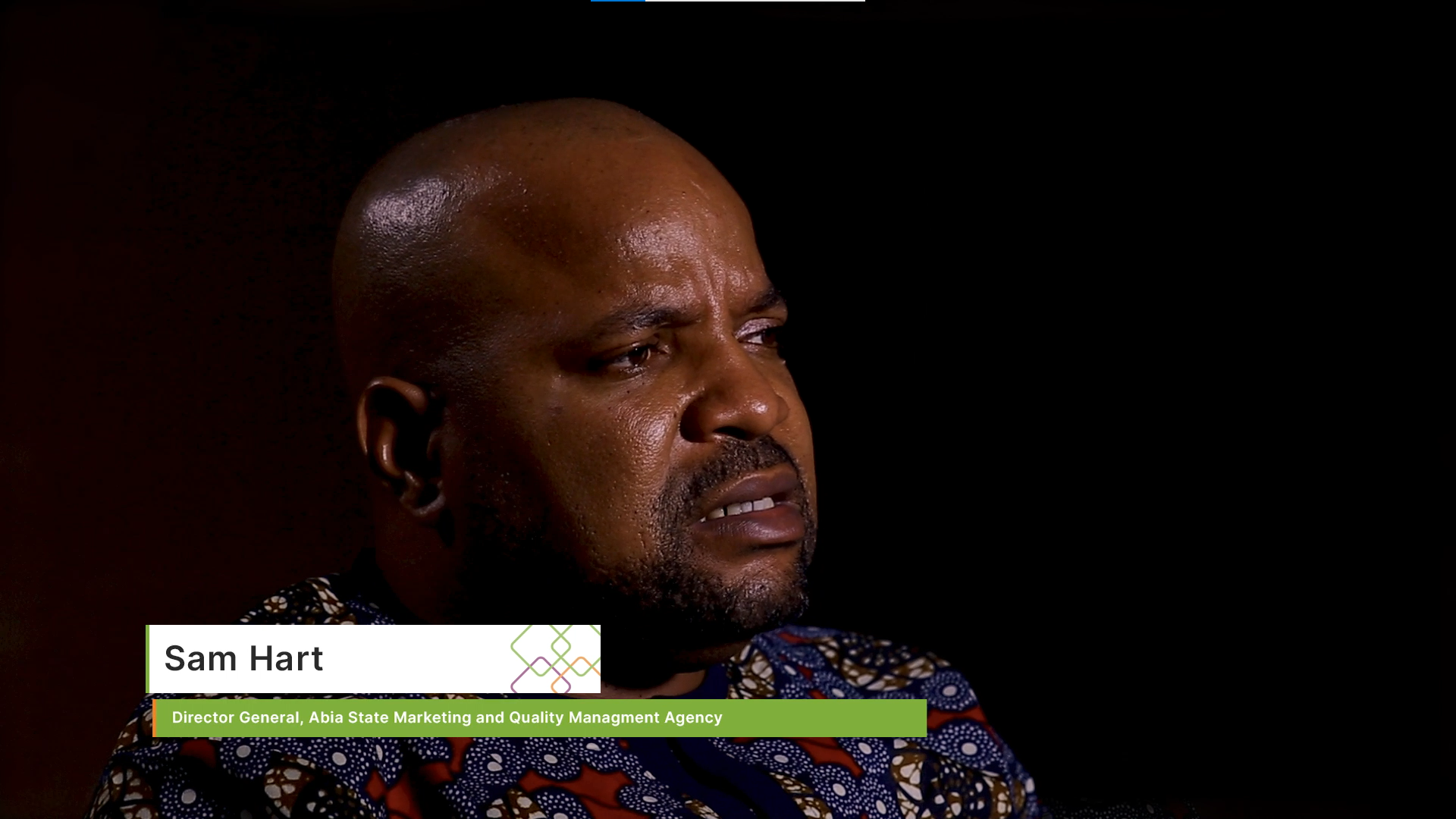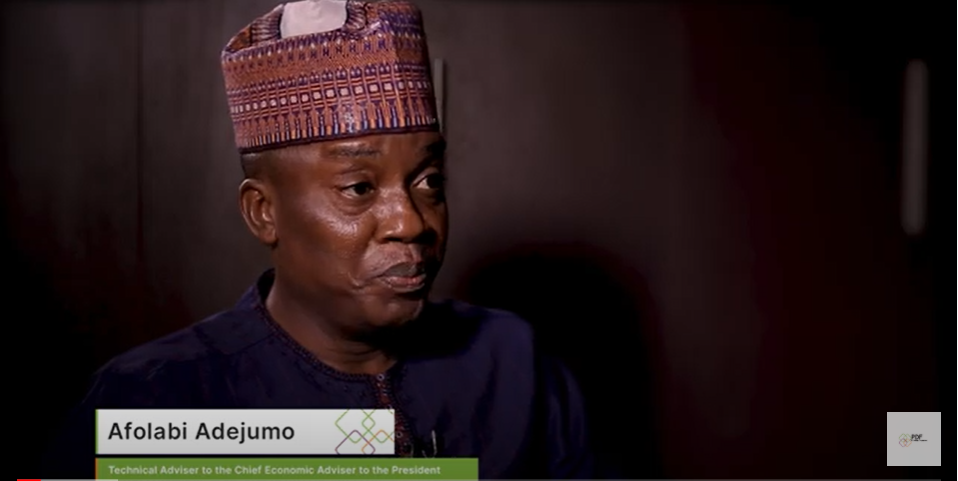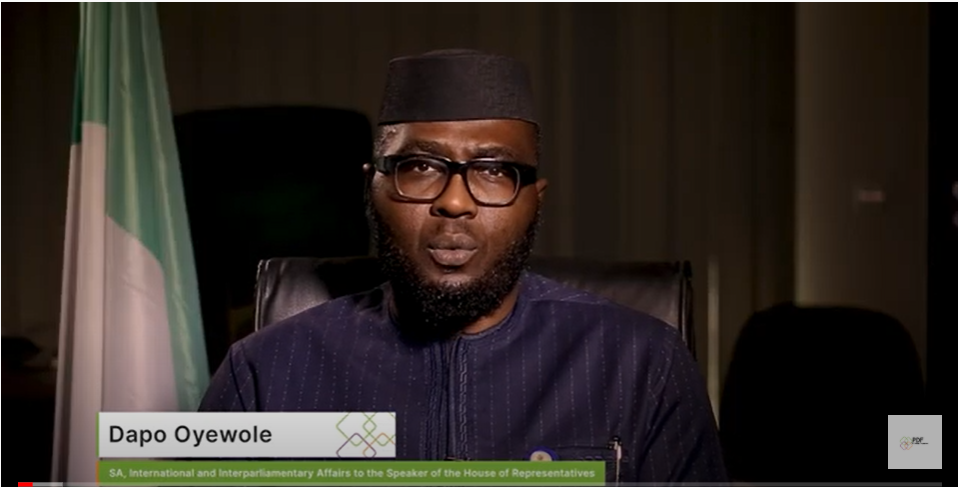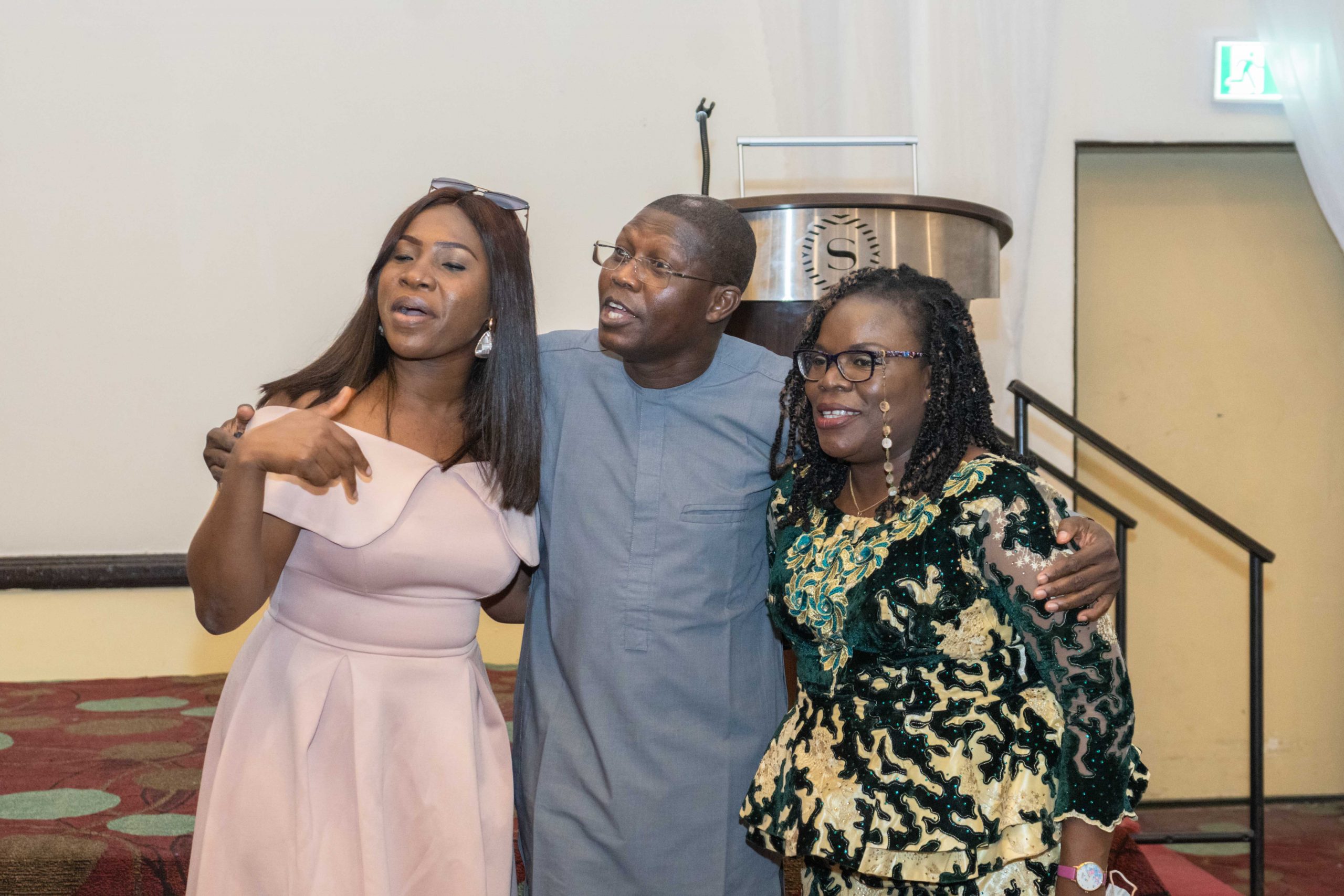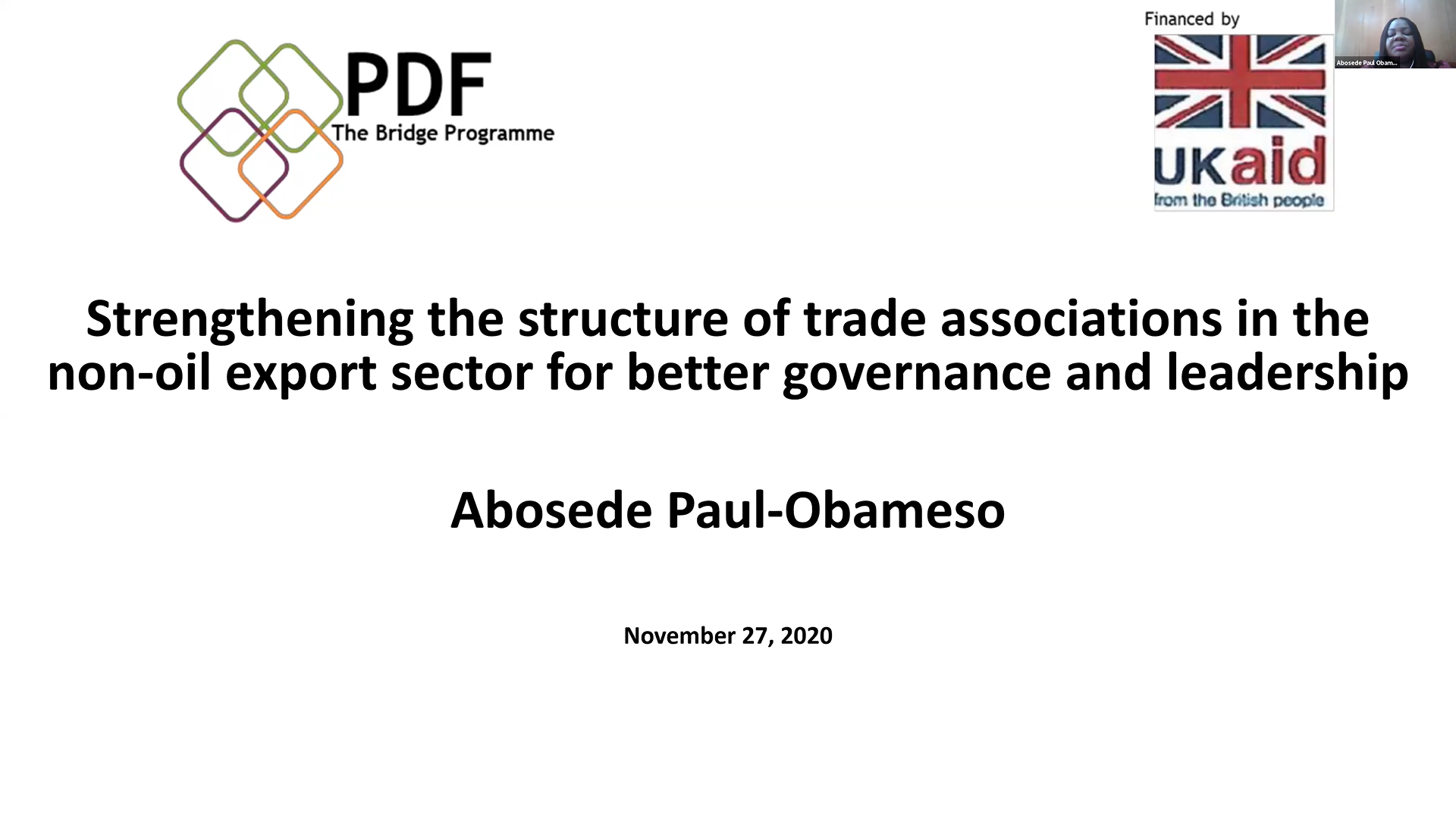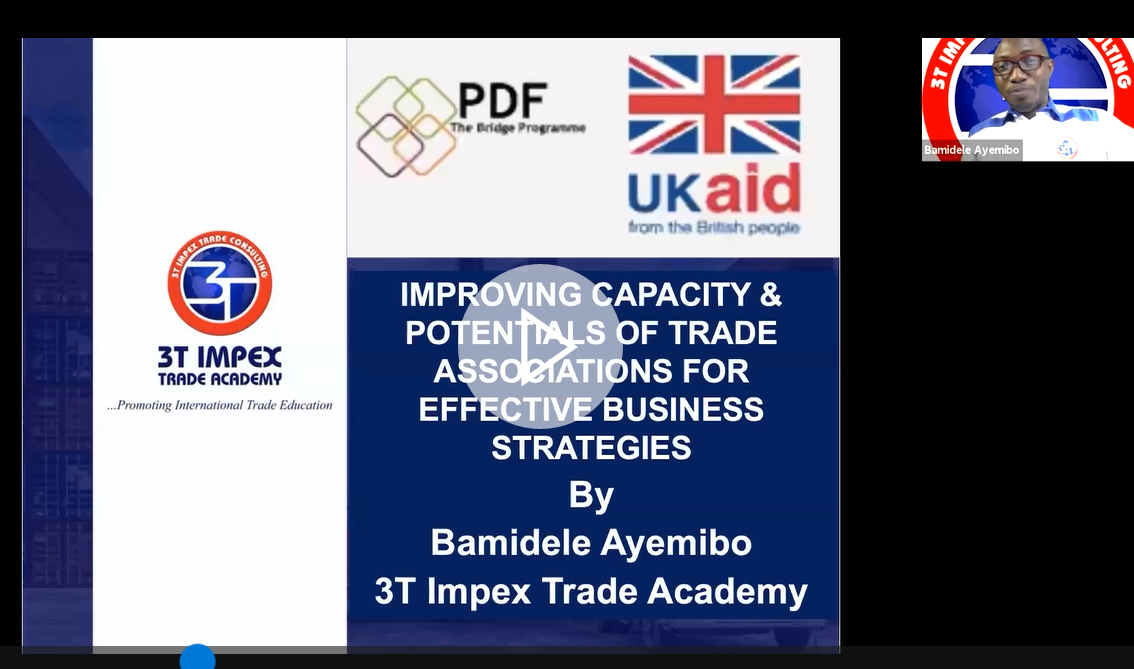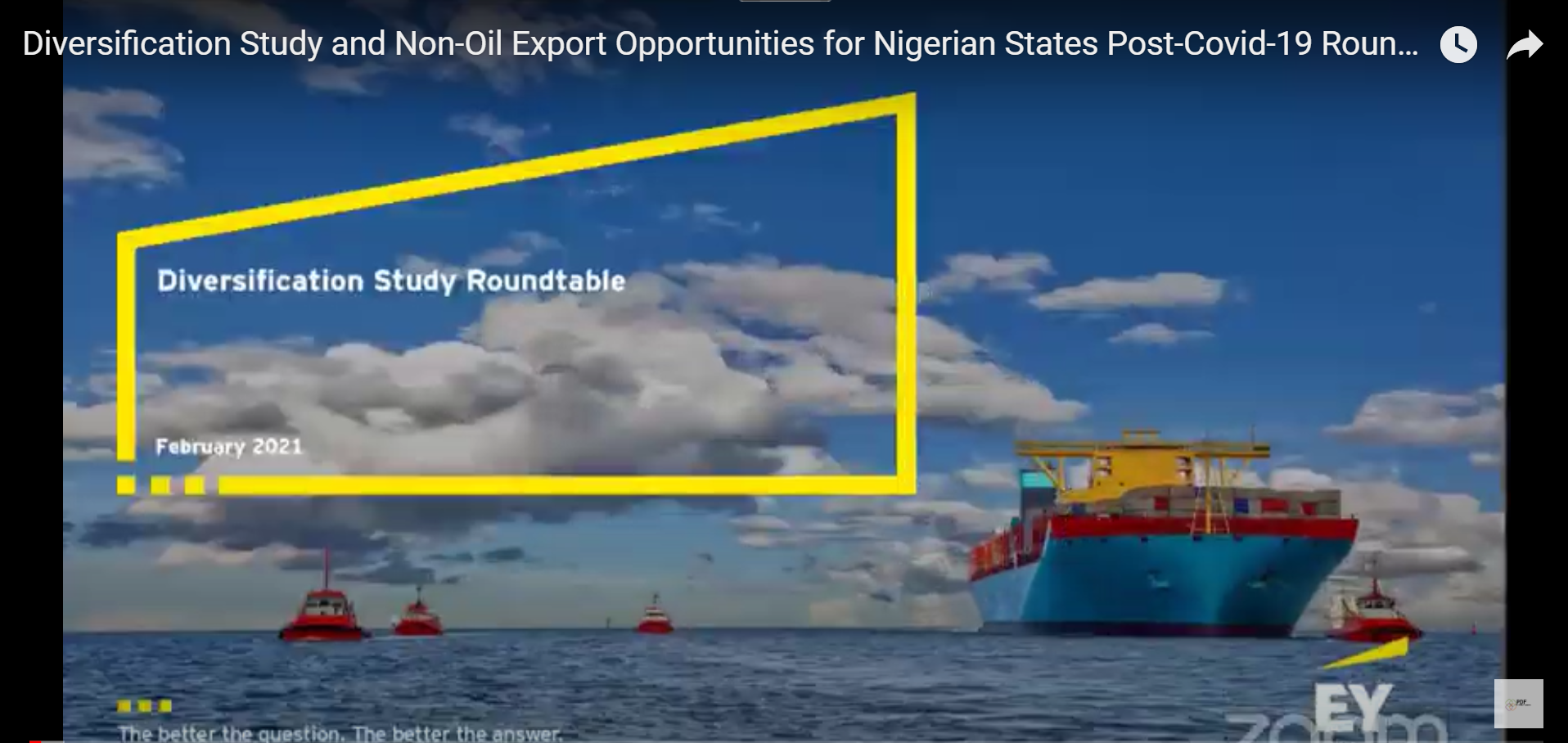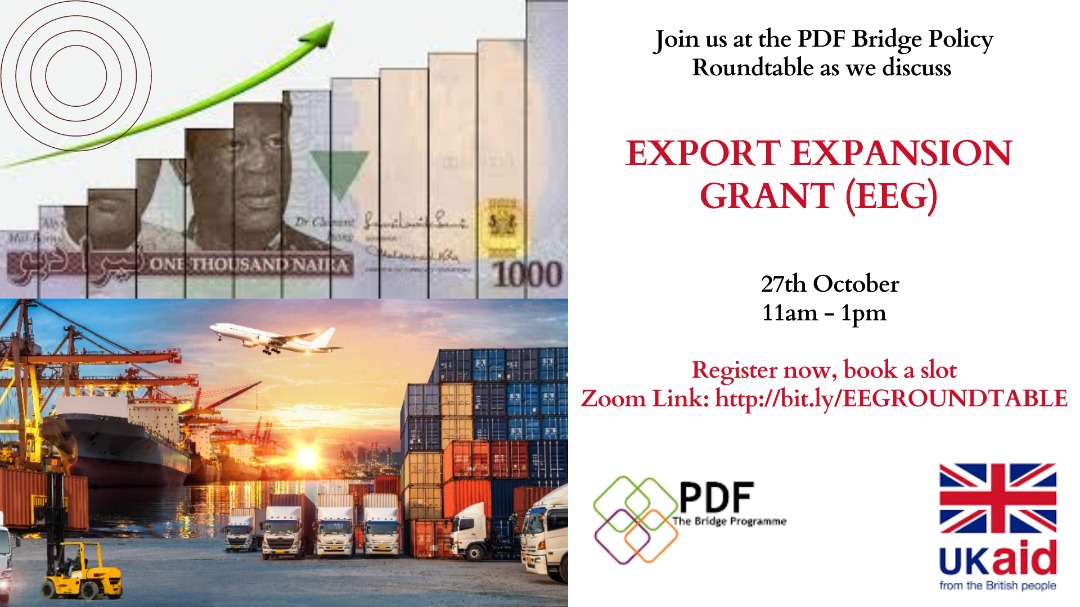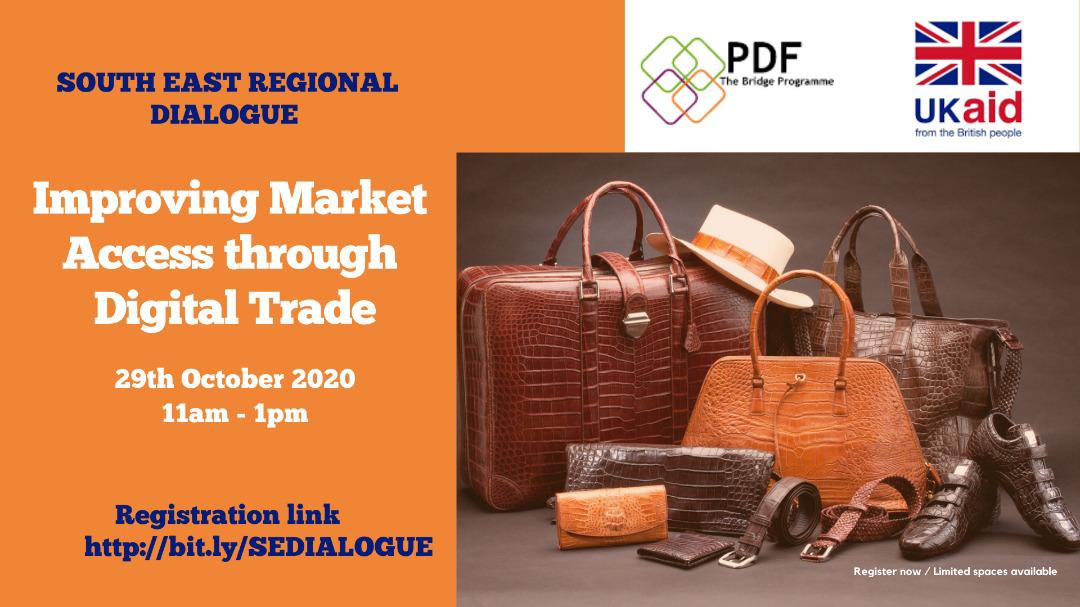Improving Trade Policies in Nigeria
Crude oil prices took a deep plunge in April 2020 with Brent Crude dropping below $20 per barrel. With the ongoing Covid-19 pandemic and crashing oil prices, the need for Nigeria to be less reliant on oil becomes more glaring. The Policy Development Facility Bridge programme’s Trade Policy Workstream (TRD) has been supporting the growth of the non-oil export sector since its predecessor programme Policy Development Facility II (PDF II). The support is a two-pronged approach that is targeted at increasing the number of export-ready MSMEs in the non-oil export trade. This approach explores enabling the identified underrepresented export-oriented voices in economic policy and strengthening the sustainable participation of exporter groups. Listen to the changes that have occurred.

